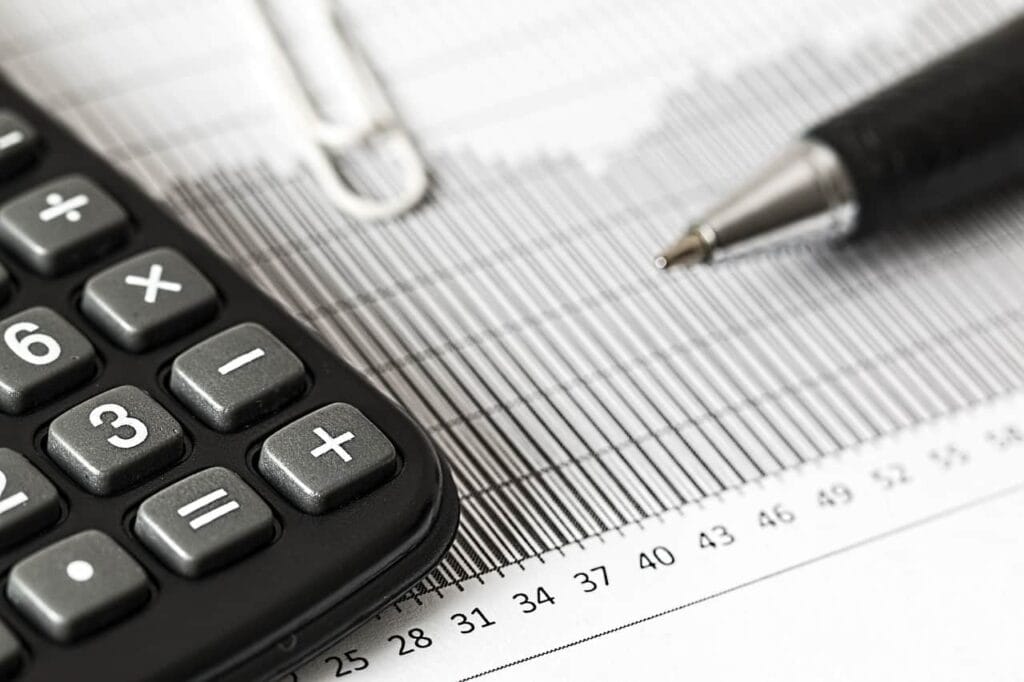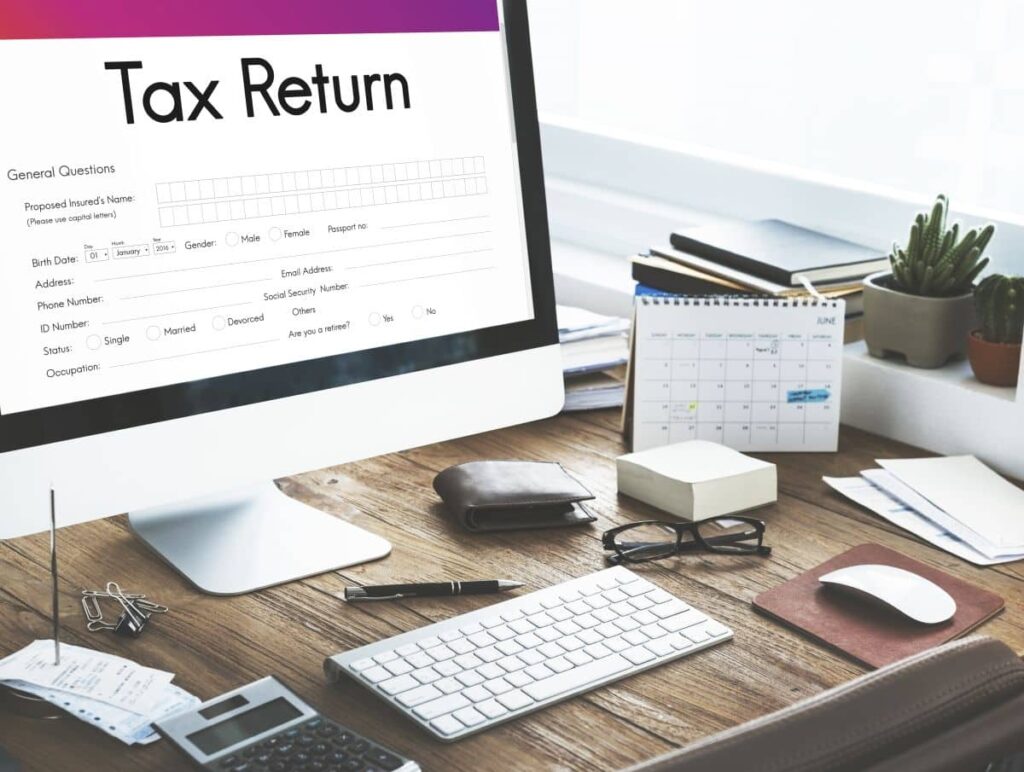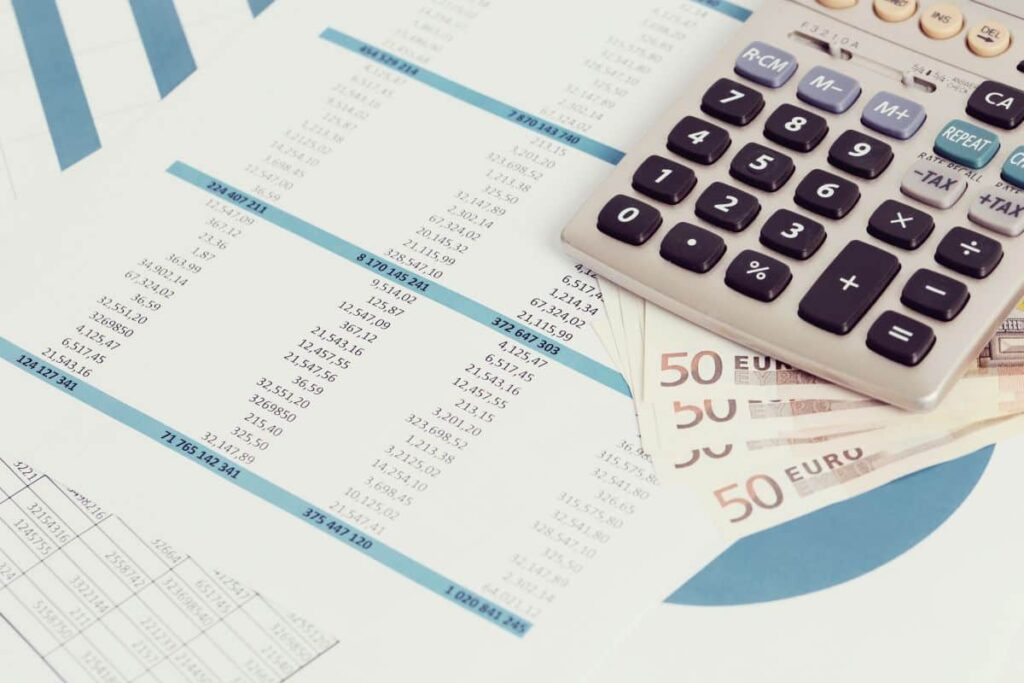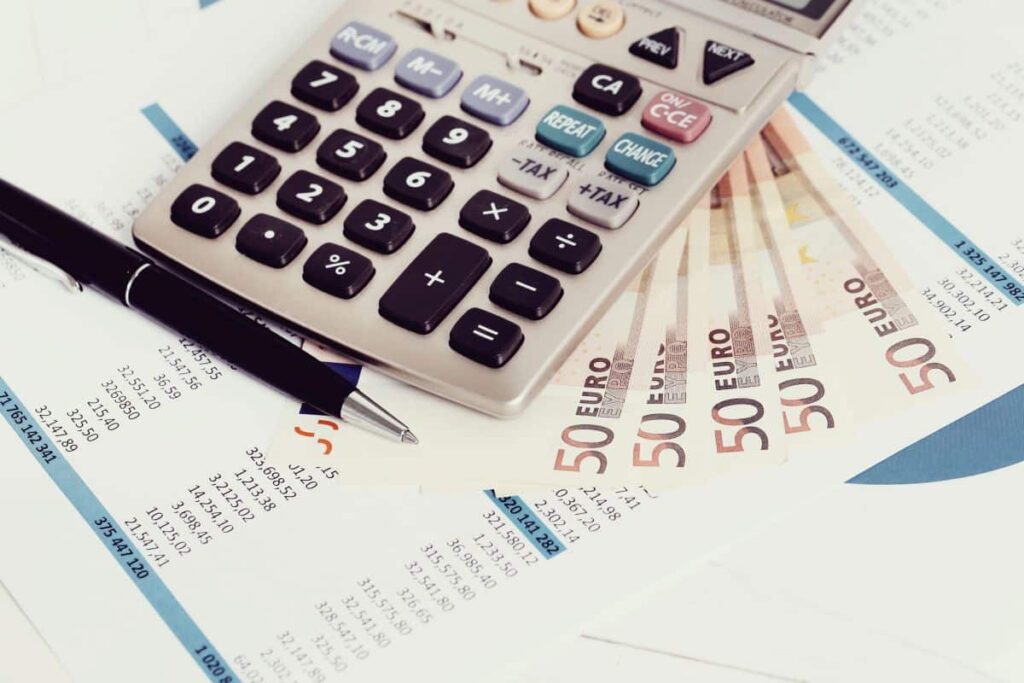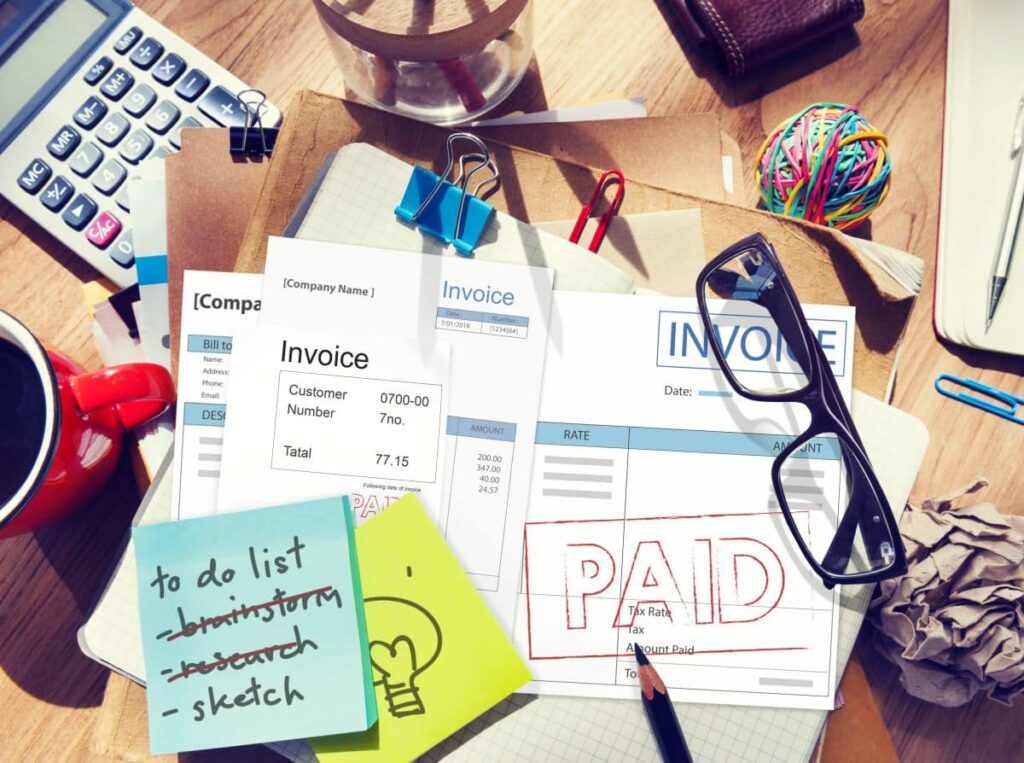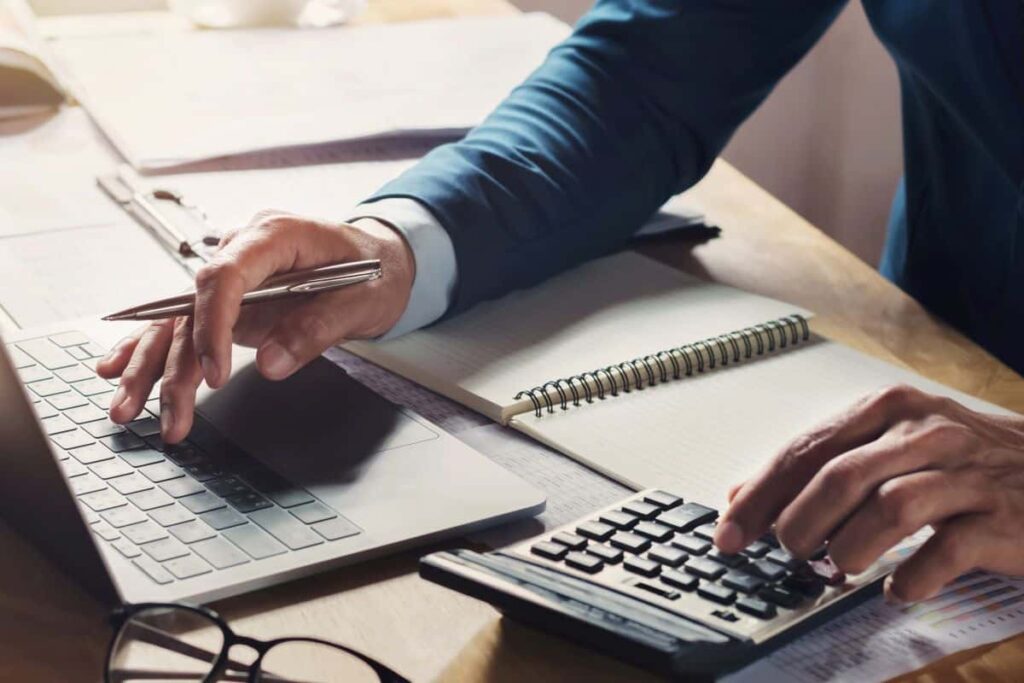Do you own a rental property? If so, it may be possible to reduce your tax return bill with some clever deductions. Owning a rental property can come with unique financial challenges and rewards — but one of the biggest potential benefits is knowing how to maximise your deductions for maximum savings.
In this blog post, we'll discuss which deductions are available for rental property owners in order to boost their bottom line on their annual tax returns! In addition, we'll help make understanding these rules easy so you can take full advantage of any possible deductions. So if you want to learn more about what kinds of deductions related to a rental property can lower your taxes, keep reading!
Let's get started!
The Basic Concepts
In a nutshell, any cash you receive from a rental property is considered part of your revenue, and any costs you spend while generating that cash can be claimed as deductions. This is true even if the rental property is not your primary source of income.
Isn't it clear-cut? Sadly, things are less cut and dry than they appear in reality. So with that in mind, let's take a closer look at it.
Property Investments
You are required to report the income from renting out your house in its entirety or even just a single room. The ATO continues to place a significant emphasis on reviewing rental deductions and is currently comparing specifics of claimed income with information received from property managers, rental bond regulators, and sharing economy platform providers.
Check to see that the claims for interest expenses are computed accurately, that the rental income is distributed fairly among the owners, that the depreciation estimates are carried out appropriately, and that the vacation homes in question are actually available for rent. It is not enough to advertise your home through word of mouth, nor is it sufficient to advertise it at a price that is higher than the going rate.
The Australian Taxation Office (ATO) keeps a close eye out for individuals who attempt to claim rental tax deductions for times when a property is only accessible for personal usage. Additionally, the ATO focuses its attention on postcodes in areas where vacation homes are situated.
The interest paid on investment loans, land tax, council and water rates, body corporate costs, restorations and upkeep, and agents' commissions is some of the deductible expenses that landlords can claim. Make sure that you preserve records of any deductions that you plan to claim and submit them when requested. This may be presented in the shape of invoices, receipts, bank and credit card statements, leasing contracts, or any other paperwork that is deemed appropriate.
Make sure that all of your rental costs are accounted for by comparing the receipts for those costs to the reports from your bank and credit card companies. This is a helpful tip. Establishing separate accounts for your investments is also beneficial since it will make keeping track of your transactions and filing your taxes significantly simpler.
Your tax preparer will have an easier time working with your records if you break them up into categories like interest, depreciation, fees, and bills. This can also significantly minimise the amount of time and money spent on the process of completing your tax return. It is recommended that you discuss with your tax advisor the possibility of utilising the myDeductions app developed by the ATO in order to maintain control over record keeping during the entire year.
Depreciation is a tax write-off that can be claimed by landlords to compensate for the value loss of equipment, including stoves, carpets, and hot-water systems. They might also be eligible to take a deduction for capital improvements, like renovating an existing bathroom, which can be spread out over a number of tax years.
Deductions for depreciation of residential properties can now only be claimed for expenditures that were really incurred on brand-new items. Therefore, there is a possibility that you will be capable of deducting some expenses associated with the building and construction of your rental property.
Refrain from overestimating the annual amount of the building write-off that you could be entitled to claim as a capital works deduction if your property qualifies for such a deduction. You are required to acquire a tax report from a trained professional such as a quantity surveyor, and we strongly suggest that you also have your tax agent estimate the claim on your behalf.
Travel expenses incurred by residential landlords in the course of inspecting, maintaining, or collecting rent for a rental property aren't eligible for deduction.
There are restrictions placed on some owners' ability to deduct expenses related to the ownership of vacant land. Because the regulations can be difficult to understand, the ATO has developed a flowchart to aid in assessing whether or not this pertains to you.
In addition, non-resident owners of Australian residential property are subject to certain tax implications for capital gains.
The Australian Taxation Office (ATO) provides data on vacation houses, renting out a portion or all of a home, and holiday apartments located in commercial, residential properties. Additionally, the ATO provides a tax time toolkit for investors. In addition to submitting your tax return, you are required to include a multi-property rental program.
What Expenses Can I Claim?
There are two categories of costs associated with rental properties, and they are as follows:
- Ongoing expenses
- Capital expenses
When it comes to a rental property, you have the potential to claim either one of these categories of expenses. Nevertheless, each has its own set of regulations on what you are allowed to claim and how you must go about doing so in order to receive it. Now, let's take a look at each of them individually, beginning with...
Ongoing Expenses
When you own a rental property, you will frequently be responsible for expenses like the following:
- Advisory services in accounting and finance
- Expenses incurred in the preparation of a depreciation schedule
- Insurance for landlords
- Insurance for both the building and its contents
- Software for keeping track of your accounting transactions and expenditures
- Bank fees
- Property agent service charges
- Strata fees
- The fees charged by the council
- Costs of water
- Putting up ads in search of a tenant
- Expenses incurred for travel in connection with property inspections
- A thorough cleaning of the premises.
- Services related to gardening and mowing lawns
- Cleaning of the windows
- Maintenance and mending of things
- Pest control
The excellent thing is that you can generally claim these expenditures (also known as "ongoing expenses"), regardless of whether you are transforming your principal home (where you currently live) into a rental property or purchasing an investment property, particularly to rent out, as long as the property meets certain criteria.
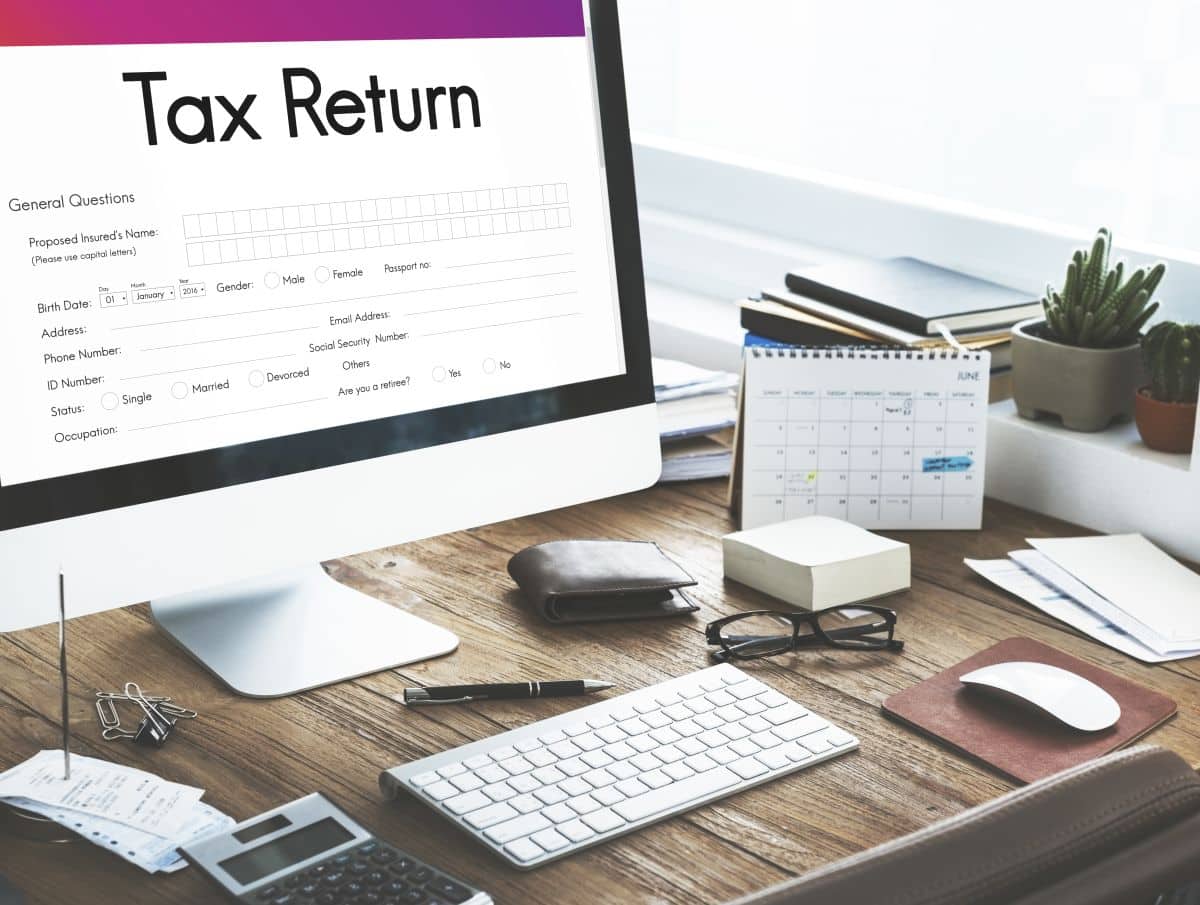
You won't be capable of making use of them, though, until after you've made your property available for rent.
Therefore, you are not allowed to deduct the cost of hiring somebody to mow the lawns as a component of getting your property ready for renting (including those all-important photos). Because you are, in effect, trying to clean up your own mess, this activity is referred to as having a "private nature."
However, suppose you have the lawns mowed after your home becomes available for rent. In that case, you are eligible to claim the expense of doing so, irrespective of whether or not you really have a tenant in residence.
Expenses that are ongoing must also:
- be regular and typical costs comparable to the ones that were provided before in this paragraph. The following are examples of recurring costs:
- repairs in the event that something is damaged and requires fixing.
- upkeep, such as if the grass has to be mowed or the trees must have their branches pruned
- expenses that arise from the management of the property, like the payment of agent fees and insurance premiums.
- have more worth in the near term than they do in the long term. For example, installing a new air conditioner has long-term value and is regarded as a capital expense (which we will discuss in the following sentence), whereas repairing an existing air conditioner only has value in the short term.
- maintain a pricing that is reasonable. Your odds of being subjected to an audit will go up if you pay (or claim to have paid) an excessive amount for an expenditure that falls outside of the ordinary.
- substitute 'like for like'. For example, it is regarded as a "repair" to replace a broken bathroom tile using the same or a similar tile, but because this is an ongoing investment, you should plan for it. On the other hand, having all of the tiles removed and replacing them with floors would be deemed an enhancement or upgrade and would therefore constitute a capital investment.
So What Exactly Are Capital Expenses?
Capital expenditure is typically defined as a financial outlay that results in an increase in the worth of an investment property or an extension of that property's useful lifespan.
A good general guideline is that if any of the following apply to you:
- putting in a brand-new component or accessory
- updating a piece of equipment or a fixture
- it is very likely to be regarded as a purchase of capital assets.
Let's imagine that the kitchen in the rental home you own has a few problems that need to be addressed. For example, a few of the cabinet doors are broken and have fallen off, a malfunctioning kettle has destroyed one of the power ports, and the range hood is not functioning properly.
Property advisors play a critical role in negotiating deals and securing favorable terms
You cannot claim a deduction for a capital expense in the same way that you would claim a deduction for an ongoing expense (unless the cost is less than $300). However, you can deduct the cost of those upgrades from your taxes.
Borrowing Expenses
You may be eligible for a tax deduction for borrowing costs related to the purchase of your home, like fees associated with loan setup and title searches, as well as costs involved with the preparation and filing of mortgage paperwork. However, the interest on the loan isn't really considered a part of the cost of borrowing money and can be claimed right away.
If the sum of all of your borrowing costs is more than $100, the deduction will be spread out over either the period of the loan or five years, whichever is shorter. You are eligible to take a complete deduction for all of your borrowing costs in the same tax year that they were incurred if the total amount of those costs does not exceed $100.
You are eligible to deduct each of the following costs associated with borrowing expenses:
- the mortgage is subject to a stamp duty fee.
- costs associated with establishing a loan
- fees assessed by your lender for doing a title search
- expenses incurred, including those for the hiring of attorneys, in the process of drafting and filing mortgage paperwork
- mortgage broker fees
- costs associated with an appraisal that is necessary for loan approval
- a lender's mortgage insurance is a type of insurance obtained by the lender and subsequently billed to the borrower.
You are not allowed to count any of the following as expenses related to the loan:
- loan balances for the property that were outstanding
- , the transfer (or acquisition) of the property title is subject to a stamp duty that is levied by your state or territory authority.
- legal fees, including those for solicitors, incurred in connection with the acquisition of the property (these are capital expenses)
- you will be required to pay stamp duty when you purchase a leasehold interest in a piece of property, like a 99-year crown lease in the Australian Capital Territory. However, there is a possibility that you might deduct this cost as a lease document expenditure.
- insurance premiums in which, according to the terms of the policy, your loan will be repaid in the event that you pass away, become incapacitated, or become jobless. This is a personal outlay of funds.
- borrowing costs on any part of the loan that is used for private purposes, such as cash that is used to invest in a super fund, for instance.
Since stamp duty and legal fees are considered capital expenses, these costs can be factored into the calculation used to determine the "cost base" of the property for reasons of capital gains tax (CGT).
You are eligible to take a deduction for the remaining portion of the interest, fees, and other costs associated with borrowing money if you pay off the loan early and do so in fewer than five years.
If you received the loan during the middle of the income year, the deduction for the first year would be divided up based on the number of days that you held the loan throughout that year. Therefore, the deduction for the first year will be prorated if you acquired the loan during the middle of the year.
Depreciating Assets
A further tax break that can be claimed by property investors in the form of a deduction from their overall income is called depreciation. Accounting professionals use the term "depreciation" to refer to the process by which the value of an asset decreases over time.
The "useful life" of an investment property is used to calculate the amount of depreciation that should be taken, which is the estimated number of years that the property will be in operation. The usable life of a property can span anywhere from 25 to 40 years, based on the kind of property and the year in which it was constructed. This time frame might be reduced in length under certain circumstances.
There are two different ways that investment properties might decrease in value. The term "depreciating assets" refers to the process by which all investment properties lose value over time. Items like the following are considered depreciating assets:
- carpet
- ovens
- cooktops
- dishwashers
- clothes dryers
- blinds and curtains
- air conditioners
- heaters
- hot water systems
When it comes to depreciating assets, the amount of depreciation that is calculated is determined by the cost of acquiring the asset, which can range in price depending on the kind of asset.
For instance, the cost and quality of carpets might be rather variable; the depreciation allowance will account for these differences. A depreciating asset is an asset that has a short life span (effective life), and it is reasonable to anticipate that the asset's value will decrease throughout the course of the time that it is utilised.
It makes no difference whether the depreciating asset that was installed in the property was brand new or used, nor does it matter if the property itself was brand new or not. However, when you utilise an asset for the first time or put it up so that it is ready to be used, the value of that item begins to decrease. This point in time is referred to as the start time of the depreciating asset.
If you utilise an asset that costs you less than $300 and you intend to use it for a rental property, you are eligible for an instant deduction for the full cost of the asset. However, if the item is part of a collection of assets that collectively cost more than $300, you are unable to do this.
For instance, if you purchase four dining chairs, each of which costs $250, you are unable to consider these chairs as independent assets in order to claim an instant deduction for them.
Building Cost Write Off
Suppose the property is less than 25 years old. In that case, you will be eligible to claim a deduction of 2.5% of the structure's initial cost of construction each year for up to 40 years from the date it was first constructed, provided that the facility has been maintained in good condition.
If you are still determining how much the building price is, you can hire a quantity surveyor to figure out how much it costs, to generate the depreciation charts for the property, and to figure out what expenses can be claimed on the property.
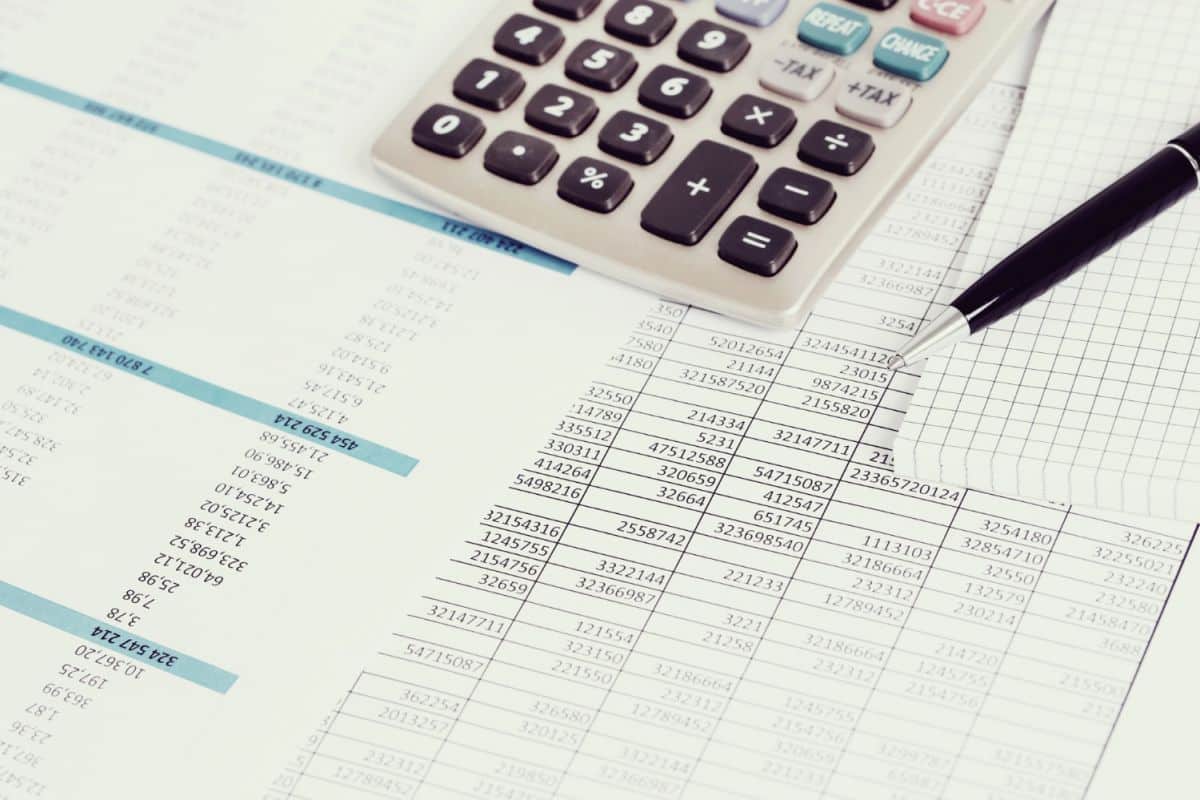
NOTE: A deduction can also be claimed for the expense of purchasing or disposing of the rental property, with the exception of the ACT, where characteristics are leasehold and stamp duty and legal costs are allowable. In this case, a deduction can be claimed for the expense of purchasing or disposing of the rental property.
The value of the property itself, the conveyancing charges, the marketing expenses, the building inspection reports, the travel costs incurred to examine the property before the acquisition, and the stamp duty on the transfer of the property are all examples of expenditures that fall into this category. Nevertheless, for purposes of calculating the capital gains tax, these charges can be included in the cost basis of the property.
Seek Advice
Last but not least, it is essential to consult your accountant in order to guarantee that all of your expenditures are claimed in the appropriate manner. Keeping up with your taxes and the numerous laws and regulations may be exhausting, which is why it is beneficial to seek the guidance of an expert on what can and cannot be claimed on your taxes.
Frequently Asked Questions
- Claim depreciation to maximise returns. Any investment property that generates income may be eligible for thousands of dollars in depreciation deductions. ...
- Declaring rental income and expenses. ...
- Claim correctly for repairs and renovations.
| Taxable income | Tax on this income |
|---|---|
| 0 – $18,200 | Nil |
| $18,201 – $45,000 | 19c for each $1 over $18,200 |
| $45,001 - $120,000 | $5,092 plus 32.5c for each $1 over $45,000 |
| $120,001 – $180,000 | $29,467 plus 37c for each $1 over $120,000 |

